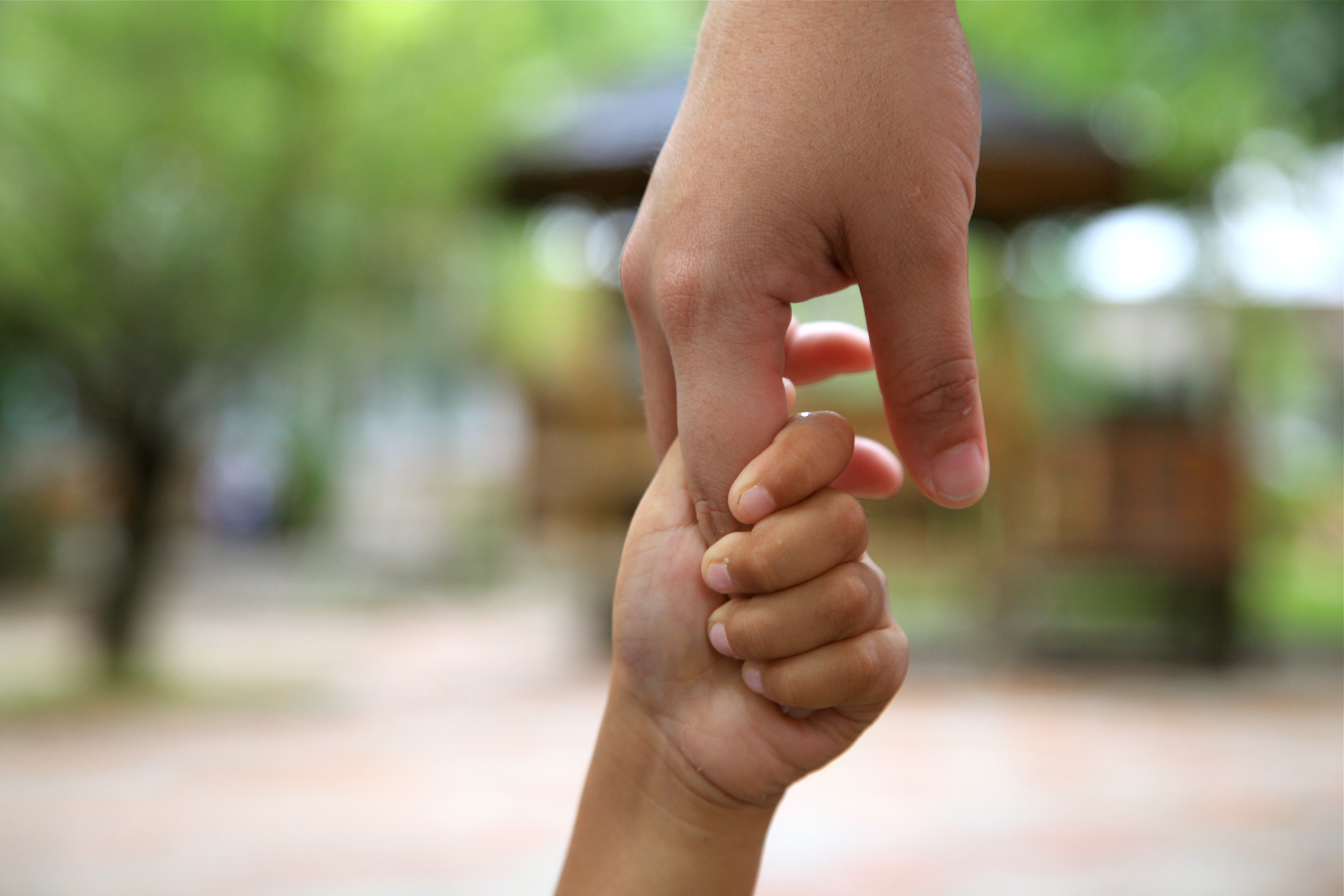by Julie Bogart
Get in there! Give your kids attention, care, and HELP. Remember how you taught them to speak: you talked with them, you supplied the words they couldn't find, you gently corrected them when their grammar choices were not quite right, you gave them scripts for answering the phone or thanking Grandma for the birthday gift.
Your involvement—a serious amount of conversation, sing-songy expressing, complete sentences stated for repetition by your children—created fluent speakers by five years of age.
Did you ever think: "She answered the phone using the script I gave her. Those must not really be her words. She isn't really speaking. I shouldn't have said so much"?
Of course not! You were thrilled when she "got it right" and was polite to the incoming caller.
Writing is the same. It's okay to supply full sentences or new words or ideas. It's okay to bat around a plot concept, helping your son think through how it will involve all the characters.
You can type papers, or handwrite them. You can give ideas and model full paragraphs. You can supply dialog punctuation that your child hasn't mastered yet. It's okay to be enthusiastic and to share an idea that popped into your head after listening to the first draft.
The collaboration of two people on one writing project is not an admission of defeat. It's not cheating. It's the way it works in the publishing industry! The author produces the insight and puts it in writing as best he or she can. The editor comes in behind and suggests alternatives—sometimes rewriting whole sections.
You are the more experienced language-user. It stands to reason that your ability to generate thought and language to go with it is superior to your child's. Your kids deserve to benefit from it! You wouldn't expect a child to learn to speak English in a crib removed from people.
You can't expect a child to learn to write banished to a bedroom to "get it done" already, "without any help."
So go for it, without guilt. You are the right person for the job. Support your young writers with:
• Enthusiasm
• Your own words
• Help with mechanics
• Brainstorming ideas
• Typing or handwriting, as needed
As I like to say: Help helps.
Julie Bogart homeschooled her five children for seventeen years. Now she runs Brave Writer, the online writing and language arts program for families, and is the founder of The Homeschool Alliance and Poetry Teatime.
Get in there! Give your kids attention, care, and HELP. Remember how you taught them to speak: you talked with them, you supplied the words they couldn't find, you gently corrected them when their grammar choices were not quite right, you gave them scripts for answering the phone or thanking Grandma for the birthday gift.
Your involvement—a serious amount of conversation, sing-songy expressing, complete sentences stated for repetition by your children—created fluent speakers by five years of age.
Did you ever think: "She answered the phone using the script I gave her. Those must not really be her words. She isn't really speaking. I shouldn't have said so much"?
Of course not! You were thrilled when she "got it right" and was polite to the incoming caller.

You can type papers, or handwrite them. You can give ideas and model full paragraphs. You can supply dialog punctuation that your child hasn't mastered yet. It's okay to be enthusiastic and to share an idea that popped into your head after listening to the first draft.
The collaboration of two people on one writing project is not an admission of defeat. It's not cheating. It's the way it works in the publishing industry! The author produces the insight and puts it in writing as best he or she can. The editor comes in behind and suggests alternatives—sometimes rewriting whole sections.
You are the more experienced language-user. It stands to reason that your ability to generate thought and language to go with it is superior to your child's. Your kids deserve to benefit from it! You wouldn't expect a child to learn to speak English in a crib removed from people.
You can't expect a child to learn to write banished to a bedroom to "get it done" already, "without any help."
So go for it, without guilt. You are the right person for the job. Support your young writers with:
• Enthusiasm
• Your own words
• Help with mechanics
• Brainstorming ideas
• Typing or handwriting, as needed
As I like to say: Help helps.
Julie Bogart homeschooled her five children for seventeen years. Now she runs Brave Writer, the online writing and language arts program for families, and is the founder of The Homeschool Alliance and Poetry Teatime.





